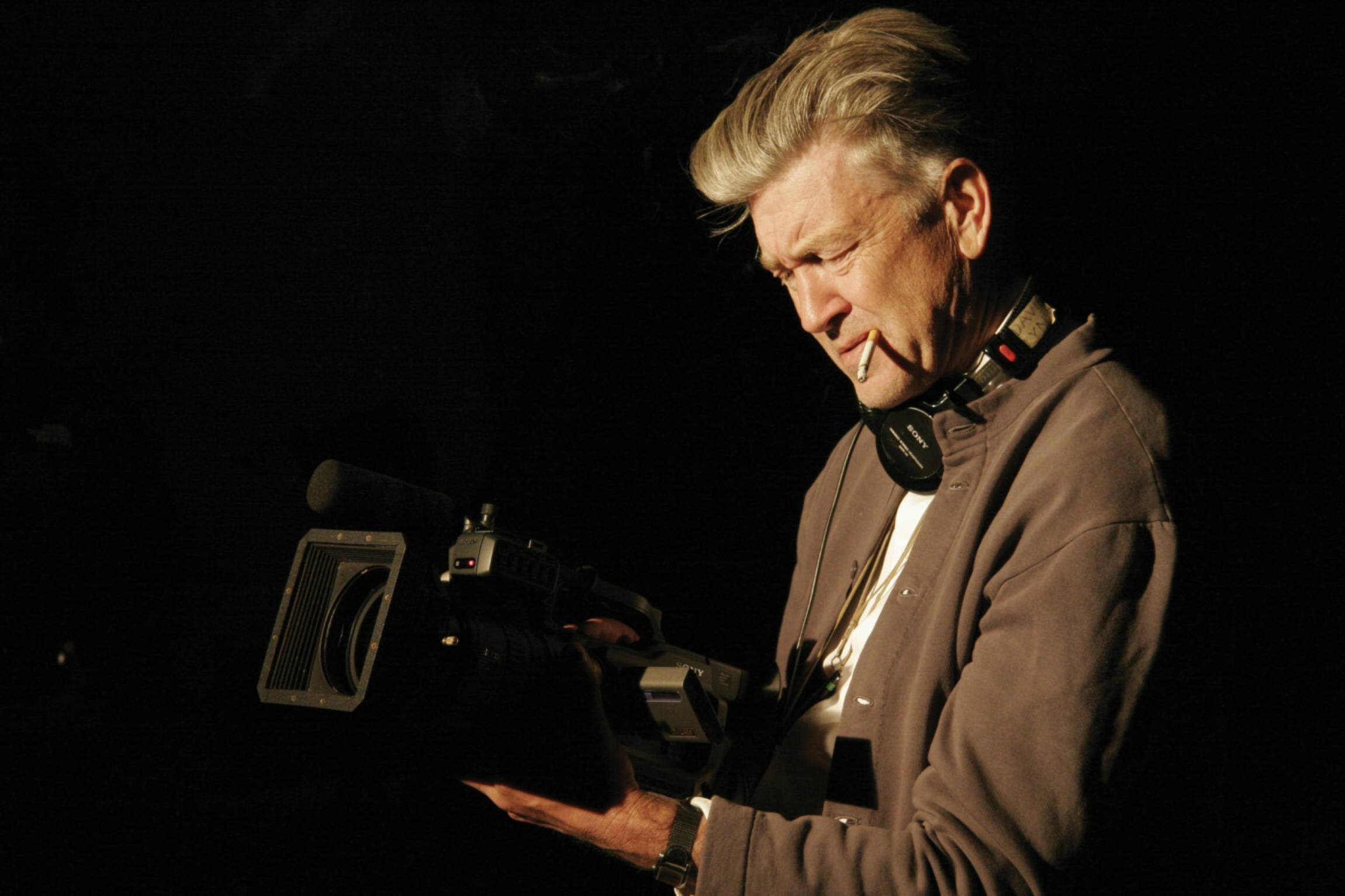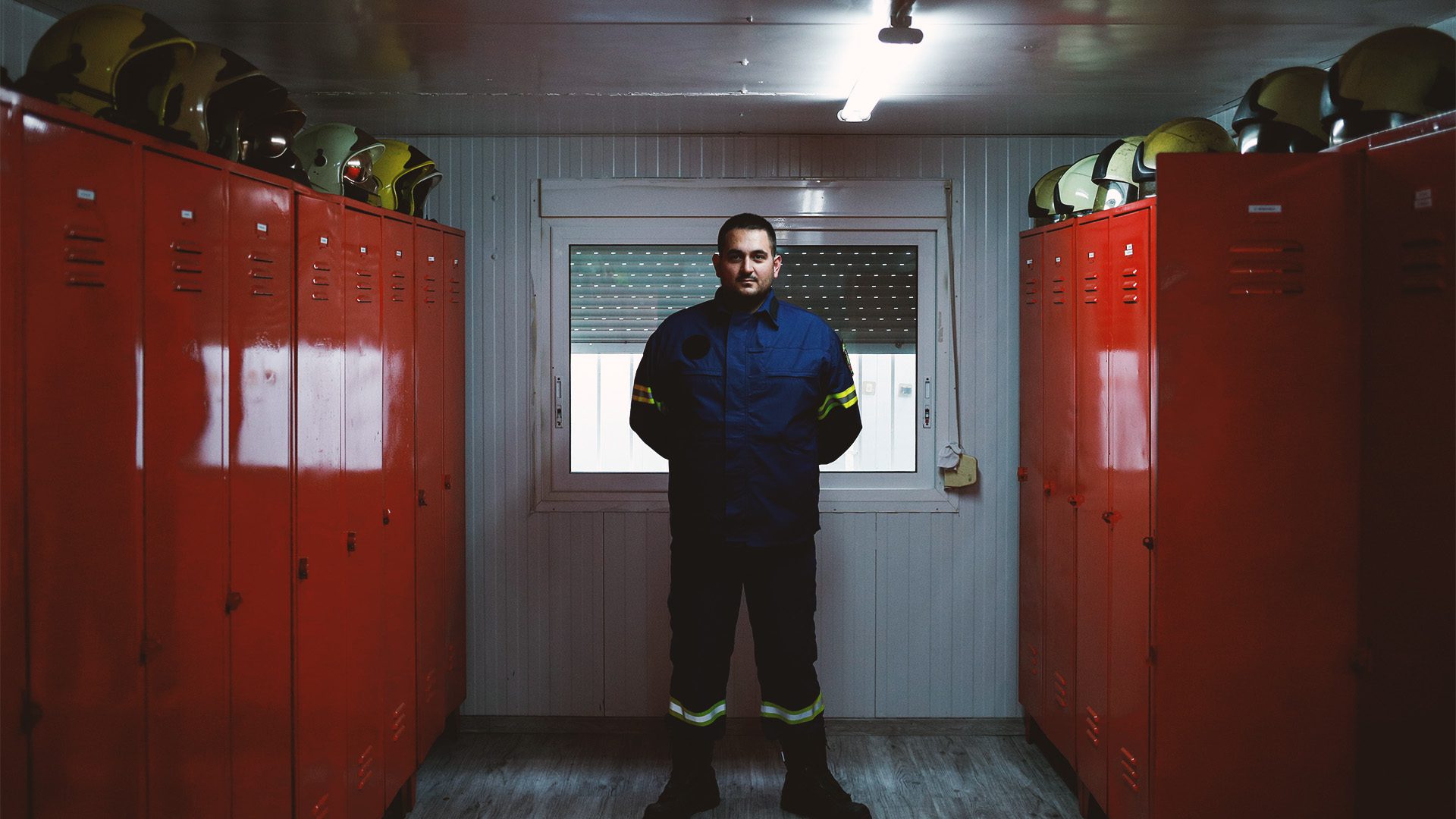I am neither a film historian nor a psychoanalyst, so any attempt to write about David Lynch’s death inevitably becomes deeply personal, revealing more about myself than his work. It’s hard for me to pinpoint where his influence begins and ends, as he was a creator who fundamentally shaped the way I see things, helping me understand how my inner world intersects with the outer world, and teaching me that paralyzing fear and vital curiosity are two sides of the same coin. And I’m sure I’m not alone in this.
I found out at the Iris cinema hall, just before the lights came on at the end of the movie. I had pushed away the thought of this day coming, many times, because in my mind, Lynch’s thread of life held the world in balance. With it, in a way beyond my understanding, he connected the familiar with the unfamiliar, the opposing forces that shape the world, things you know about yourself with things you’ll never understand. Now, as the thread broke at age 78, despite his certain objections, the world will only become worse.
Without Lady in the Radiator’s song in Eraserhead haunting me for months, the important question “What would Agent Cooper in Twin Peaks do in my place?” when faced with difficulties, the revelation of imagination’s power in Club Silencio in Mulholland Drive, Wild at Heart’s “Don’t turn away from love, Sailor,” and the camera that swallows the unsolved mysteries of the road in Lost Highway, I probably never would have sat in the Iris Cinema hall in the first place. And, without any claim to expertise on the subject, I’d say cinema would have lost one of the directors who redefined the medium through his films.
His name became an adjective (“Lynchian”) used to describe films (and occasionally real-life situations) that resemble his cinematic worlds, where the dividing lines between familiar genres (TV mystery, road movie) are stretched to accommodate transcendent and bizarre situations. The unanswered questions in his scripts are driven by characters who seem aware that they are characters, and the already blurred boundaries between movies and dreams are further eroded.”
He wasn’t interested in answers because he understood that questions are the driving force that make us who we are. They are our breath.”
What turned his films into universal needles that pierced the eyes of so many, so different from one another, was probably best summarized by his close friend and colleague, who portrayed many of his characters, Kyle MacLachlan. “David was in harmony with the universe and his own imagination on a level that seemed to be the best version of a human being. He wasn’t interested in answers because he understood that questions are the driving force that make us who we are. They are our breath.”
Within Lynch’s films and through his interviews, I searched in vain for specific answers of various kinds. Amid simple words, easily dismissed as clichés, restrained prophecies, and disarming kindness, I discovered only secrets that worked within me, though I wasn’t sure of their content. And I learned that more important than the tears shed, tributes written, and words spoken about his death is the fact that Lynch’s star was, is, and will continue to be the catalyst that enables many people to give an idea the blood and marrow of their being and transform it into an artistic work.
As for what will become of all of us left with a void caused by the thought that, hundreds of kilometers away, his lungs, ruined from smoking, no longer work, both his family and NASA responded with his own phrase alongside the first photographic image of a black hole: “Keep your eye on the donut and not on the hole […] We will focus not on the loss, but on what we gained from the years we shared this planet with you. We will see you in our dreams.”
 What is fyi.news?
What is fyi.news?






